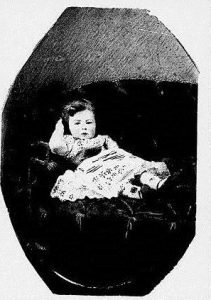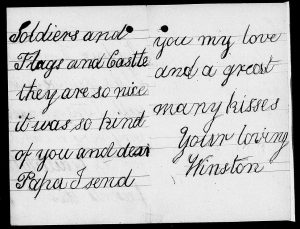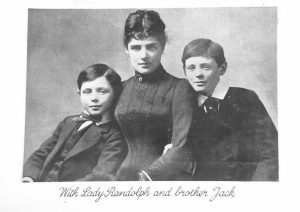
Finest Hour 187
The First Duke and Blenheim Palace
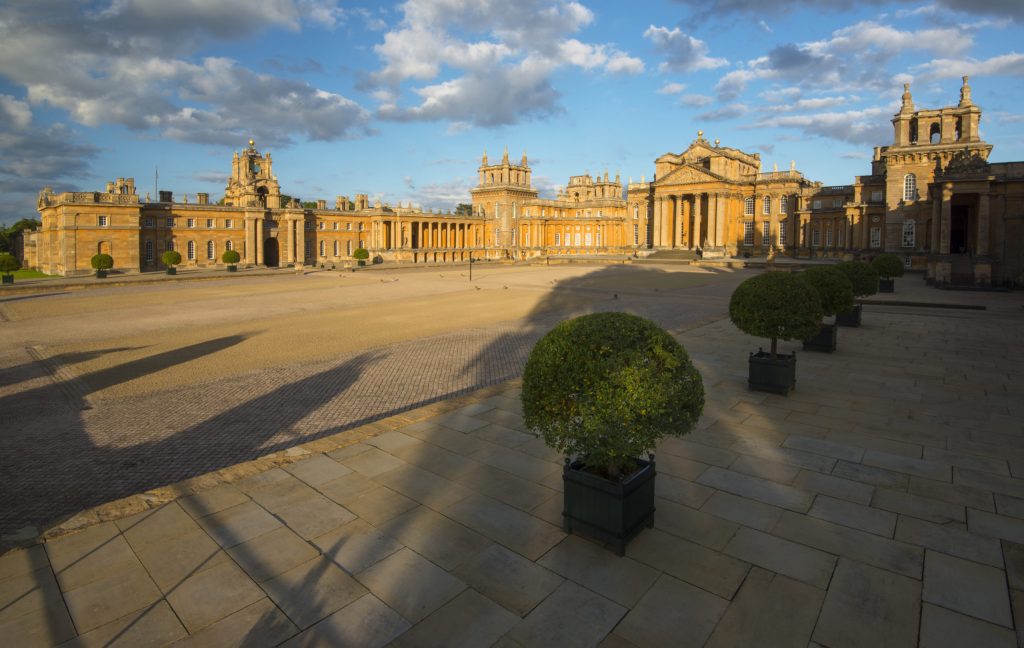
The Great Court of Blenheim Palace
May 11, 2020
Finest Hour 187, First Quarter 2020
Page 10
By Winston S. Churchill
In his multi-volume biography of his ancestor John Churchill, the first Duke of Marlborough, published from 1933 to 1938 as Marlborough: His Life and Times, Winston Churchill described the creation of the ancestral seat.
The background: during the War of the Spanish Succession (1701–14), King Louis XIV of France and the Elector of Bavaria sought to knock Holy Roman Emperor Leopold I out of the war by seizing Vienna in the summer of 1704 and gaining a favorable peace settlement. This plan ended in failure in August with the catastrophic defeat of French and Bavarian forces at the Battle of Blenheim at the hands of British and Austrian armies led by the Duke of Marlborough and Prince Eugene of Savoy. The battle altered the course of the war, which nevertheless continued to rage for another decade.
Following his spectacular victory at Blenheim, Marlborough returned home from Bavaria in the autumn as “The Conquering Hero” of Queen Anne’s realm. For the moment he was showered with honors, but the protracted conflict later turned political opinion against him. Here follows Winston Churchill’s account of the Duke’s homecoming.
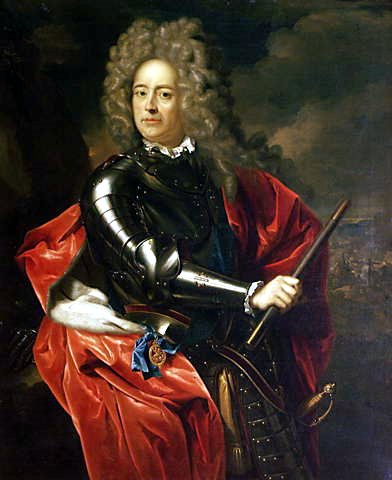
The antagonisms of political forces in England had brought a cool element into the welcome to which the victorious General was treated: but this quality of independence and restraint in a sense enhanced its significance. For now these estates and parties, this complex society, laid aside for the moment their feuds in order to do him honour beyond what any absolute monarch could bestow. The applause, the admiration, the gratitude of equals has a ring more true and more comforting than the favour of a prince, however mighty, however gracious. It was common ground among the whole society which then expressed the English nation that some magnificent and unprecedented reward should be bestowed upon the Duke of Marlborough, and the only question was what form it should take. Lords and Commons, Whigs and Tories, divided in so much else, joined with the Sovereign and her Ministers in this quest. Various benevolent schemes were mooted. At first there was an idea of clearing a large space in London for a square to bear his name, to set up statues of him and of the Sovereign under whom he had conquered, and to build him besides a fine house overlooking the scene. The wary [Lord High Treasurer, Lord] Godolphin saw objections, and wrote to the still more wary [Speaker of the House, Robert] Harley:

2024 International Churchill Conference
I am not fond of the proposal of two statues, one for the Queen and th’other for the Duke of Marlborough. What merit soever a subject may have I am doubtful that may set him upon too near an equality with one upon the throne. My own opinion inclines most to an anniversary thanksgiving by Act of Parliament for so entire a victory, as the most public, the most decent, and the most permanent record of it to posterity, but if this be thought too much because it is upon a fact happening without the kingdom—whereas our precedents of anniversaries run generally upon occasions at home—I must submit that to better judgments.
One may here note the natural inclination of the Treasurer to turn to the best advantage those rewards which are inexpensive. Yet it would have been better for Marlborough’s happiness and dignity if something like this had been done; for the course adopted was to lead him into many embarrassments and some humiliation.
It was on all sides agreed that the gift should be, if possible, unanimous. The danger of one proposal being matched against another was avoided by framing the address of the House of Commons in general terms. Accordingly they solicited the Crown to consider proper means of perpetuating the memory of the great services performed by the Duke of Marlborough. The Queen replied, “I am very well pleased by this address, and will take it into my consideration and send you my thoughts upon it in a little time.” Anne now gave full rein to the generosity which had been frustrated to her annoyance after the campaign in 1702. On February 17 she informed the Commons that in conformity with their address she proposed to convey to the Duke of Marlborough and his heirs the Royal Manor and Park of Woodstock, and desired “the assistance of the House upon this extraordinary occasion” for the purpose of clearing off various encumbrances upon the estate. The grant comprised about 15,000 acres, and was reported to be worth about £6000 a year.
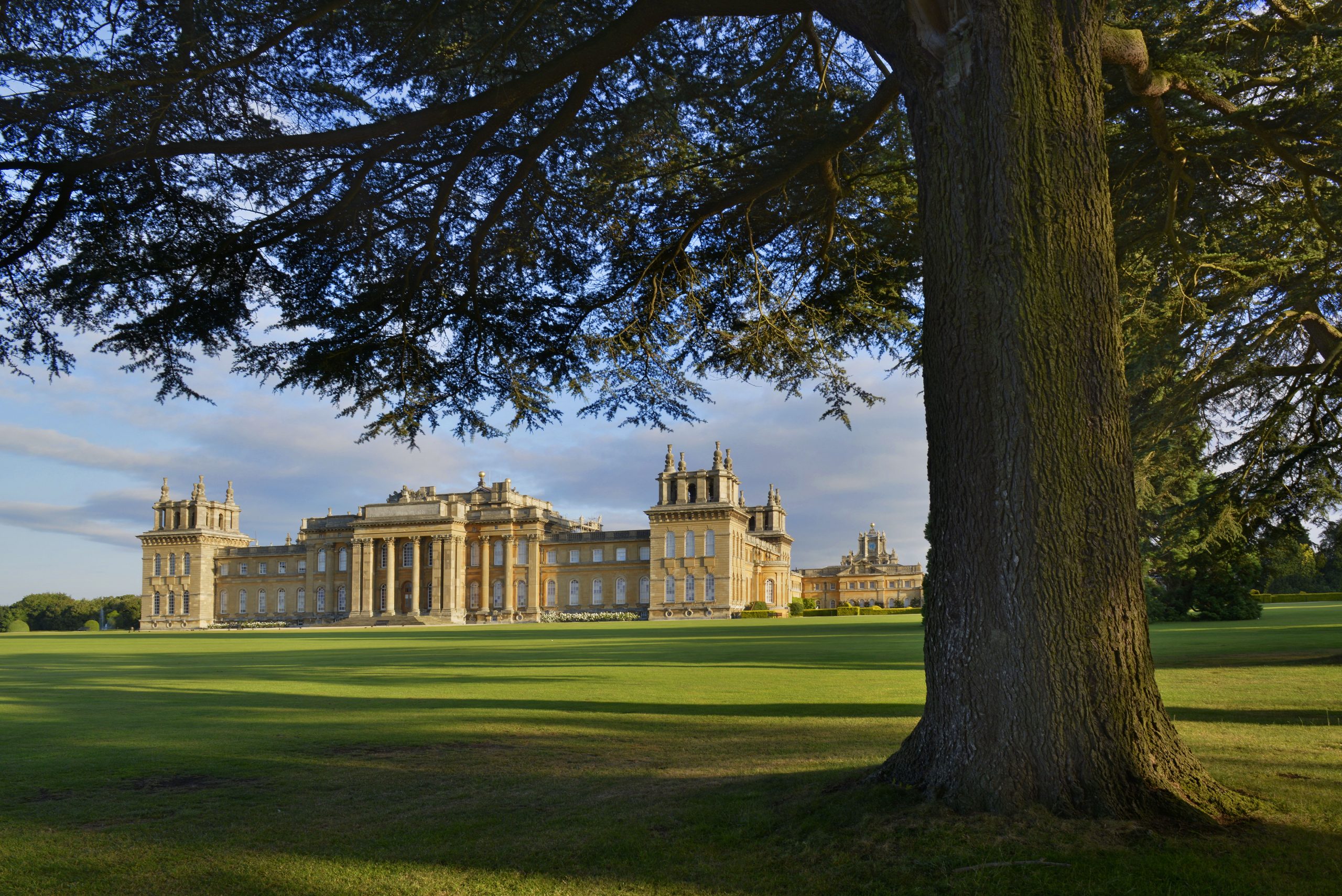
The necessary Act was speedily passed without opposition. Its preamble contained a convenient epitome of Marlborough’s military services up to this time:
…and that, in the first Year of Your Majesty’s Reign, the said Duke of Marlborough did so well execute the Commission and Orders, which he received from Your Majesty, as Captain-General and Commander of Your Majesty’s Forces, That he not only secured and extended the Frontiers of Holland, by taking the Towns and Fortresses of Venlo, Ruremond, Stevenwaert and Liege; but soon obliged the Enemy (who had been at the Gates of Nimeguen) to seek Shelter behind their Lines; And the next Campaign, by taking Bon, Huy and Limburg, added all the Country, between the Rhine and the Maese, to the Conquests of the preceding year. And that in the Memorable Year 1704, when your Majesty was generously pleased to take the Resolution of rescuing the Empire from that immediate Ruin, to which, by the Defection of the Elector of Bavaria, it was exposed, the Measures, which, by Your Majesty’s Wisdom and Goodness, had been devised and concerted, were pursued by the said Duke, with the utmost Diligence, Secrecy and good Conduct, in leading the Forces of Your Majesty, and Your Allies, by a long and difficult march, to the Banks of the Danube, where the said Duke, immediately upon his Arrival, did attack and force the Bavarians (assisted by the French) in their strong Intrenchments at Schellenberg, passed the Danube, distressed the Country of Bavaria, and a second time fought the Enemies, who had been reinforc’d by a Royal Army of the French King’s best Troops, commanded by a Marshal of France; And, on the second day of August, 1704, after a bloody Battle, at or near Blenheim (altho’ the Enemies had the Advantage of Number and Situation) did gain as Absolute and Glorious a Victory, as is recorded in the History of any Age; By which, Bavaria being entirely reduced, Ratisbon, Augsburg, Ulm, Memmingen, and other Imperial Towns being recover’d, the Liberty of the Diet, and the Peace of the Empire was restored, and Landeau, Treves, and Trarbach being taken, the War is carried into the Dominions of France.
At the same time the grant of five thousand a year upon the Civil List, which was valid only for the Queen’s lifetime, was made permanent by Parliament. The Queen appointed him [Marlborough] Colonel of the First Guards, in which he had originally received his commission; and finally she set herself to plan and build at her expense at Woodstock a splendid palace which, in memory of the victory, was to be called the Castle of Blenheim. She selected Sir John Vanbrugh as the architect, and interested herself keenly in the model which she had had constructed.
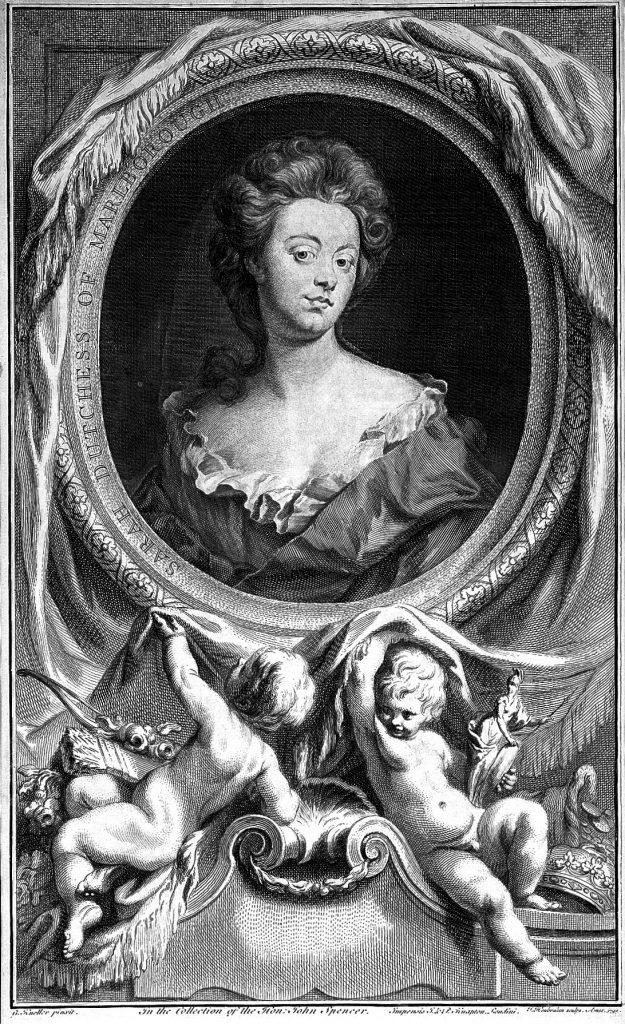
Marlborough was highly gratified by the splendid possessions which descended upon him. Although the pressure of great affairs absorbed almost the whole of his mind, his strength, and his time, he liked at odd moments to reflect upon his growing fortune and the princely setting in which his heirs and successors would dwell. He regarded the raising of his family to the first rank in England as second only in importance to raising England to the first place in Europe, and he saw no reason why these two processes should not be combined. His tireless industry and exertion, his profound sagacity and calculation, his constant readiness to stake not only his life, but all he had gathered in reputation and wealth, upon the hazards of war and of well-chosen battle, were faithfully offered in his country’s service. But a time was to come when England needed for her guidance some high qualities beyond the constructive and acquisitive genius with which he was born, and when through the lack of these Queen, country, and servant were to taste griefs they had not deserved. The pursuit of power with the capacity and in the desire to exercise it worthily is among the noblest of human occupations. But Power is a goddess who admits no rival in her loves.
It should not, however, be supposed that such a moral was ever drawn by Marlborough. When to the favour and affection of the Queen there succeeded an aversion as strong and far less justified; when, stripped of his offices, he was the target of every calumny which a furious faction could hurl or an envious aristocracy applaud; when all that he had done was belittled and his victories contemned or written off as fully paid, he could still reflect that he had made his fortune, that he had founded his family, and that the stones of Blenheim Palace would weather the storms of a thousand years. Such were the stubborn consolations of this virtuous and valiant builder who built noble monuments beneath the stars.
Subscribe
WANT MORE?
Get the Churchill Bulletin delivered to your inbox once a month.
